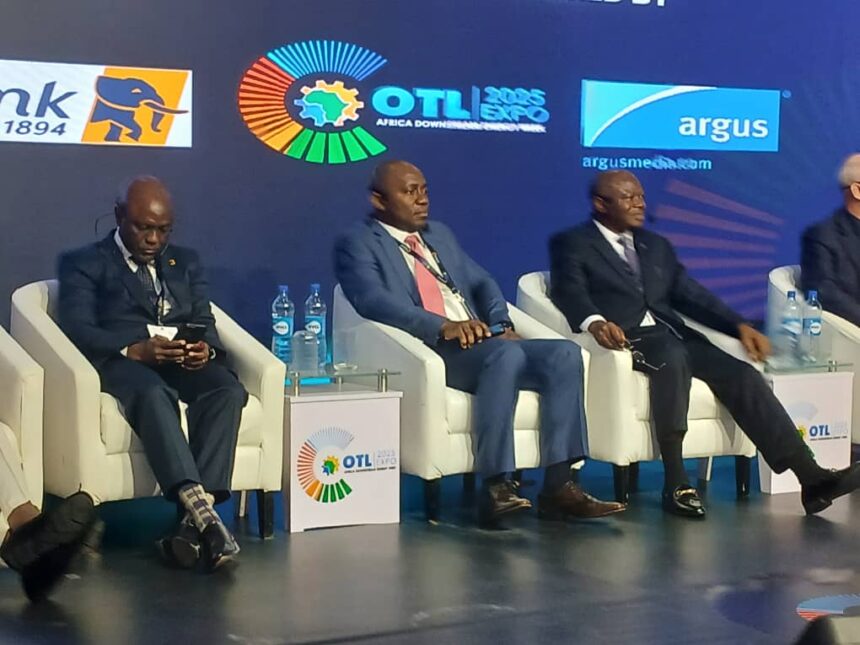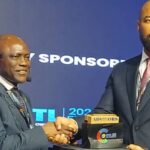Ofori, CEO CBOD Ghana calls for unified petroleum products policy, currency alignment
… says Nigeria, Ghana can take the lead toward that goal, other countries in subregion will naturally align
Oredola Adeola
S&P Global, in partnership with petroleum industry regulators across West Africa, is working to establish a regional refined products reference market through enhanced data integration and shared market intelligence, Mr. Olasupo Agbaje, Director of Economic Regulations at the Nigerian Midstream and Downstream Petroleum Regulatory Authority (NMDPRA) has disclosed.
Agbaje made this known during a panel session at the just-concluded OTL Africa Downstream Week in Lagos.
The initiative, according to him, is aimed at creating a collaborative platform for data sharing, harmonisation of best practices, and coordinated efforts to address challenges such as foreign exchange disparities that continue to distort fuel pricing across the subregion.
Regulators across the region are coming together to build a reliable database. The goal is to establish a reference market that will serve as a benchmark for refined product pricing across West Africa,” Agbaje said.
He further explained that the collaboration involves engagement with S&P Global, through its Lagos office, to create a platform for data sharing, harmonisation of best practices, and addressing challenges such as foreign exchange differentials that currently distort regional pricing.
Agbaje expressed optimism that with sustained collaboration, market liquidity, storage capacity, and robust local refining activities, Lagos could evolve into the ‘Amsterdam of the world’ in terms of petroleum trade and pricing dynamics.
“It is not an impossible task. What we need is liquidity and coordinated efforts. Nigeria, Ghana, and several other nations already understand the importance of this collaboration in building a transparent and efficient regional market,” he added.
Dr. Patrick Ofori, Chief Executive Officer of the Chamber of Bulk Oil Distributors (CBOD), Ghana, who also shared his views during the session, stressed the need for stronger collaboration among West African countries to enhance regional energy trade and integration.
Ofori said that unlike East Africa—where member states have advanced in integrating payment systems and pipeline contracting for product supply—West Africa still lags behind in developing a unified petroleum market.
“If we don’t step up our collaboration in West Africa, we will continue to operate in isolation. East Africa has made significant progress with regional payment systems and joint pipeline management. By now, we should have gone beyond just the West African Gas Pipeline,” Ofori stated.
He added that with Dangote Refinery now coming on stream, the region must seize the opportunity to establish a common pricing framework and create an enabling environment where refined products can flow seamlessly between Nigeria, Ghana, and neighbouring markets.
“We need to create a system where petrol can move directly from Nigeria to Ghana—either through pipelines or shared vessel operations. That requires currency compatibility and a unified petroleum policy to support trade flows,” he explained.
Ofori further emphasised that Ghana and Nigeria must take the lead in driving this regional alignment, noting that other countries would naturally follow.
“You cannot downplay Nigeria’s impact on the petroleum economy. It’s a major player, and any meaningful regional integration must start with Nigeria and Ghana,” the CEO of CBOD, Ghana said.




